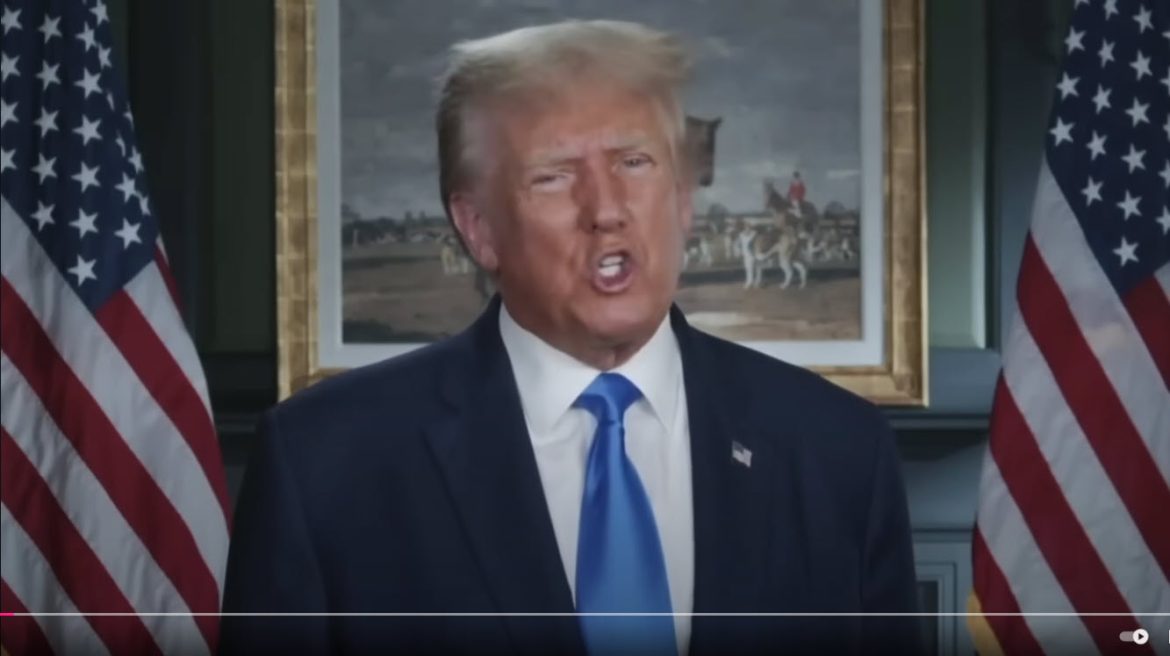President-elect Donald Trump is doubling down on his commitment to close the federal Department of Education, fulfilling a campaign promise to shift control over educational policy and funding to individual states. Trump has argued that states should have full autonomy over their school systems, free from federal oversight. However, education experts warn that dismantling the Department of Education could have serious implications for K-12 funding, civil rights enforcement, and the ability to maintain a consistent quality of education across the nation.
During his campaign, Trump criticized the federal Department of Education as overly bureaucratic, arguing that local authorities understand their communities’ needs better than federal agencies. He believes that decentralizing education would empower states to improve school performance, tailoring educational policies to meet local needs. “We’re taking education back to the states,” Trump stated at a recent rally. “Our states know how to educate our children better than bureaucrats in Washington ever could.”
Eliminating the Department of Education, however, would require legislative approval from Congress and face significant logistical and legal hurdles. Established in 1979, the Department of Education oversees the distribution of federal funds to public schools, enforces civil rights laws, and ensures access to educational resources for low-income and special-needs students. Its closure would affect millions of students who depend on federal programs for funding and protections.
Education advocates caution that eliminating the Department could hinder efforts to enforce civil rights laws in schools, including Title IX regulations that protect against gender discrimination and policies that safeguard the rights of students with disabilities. Without federal oversight, these protections could become inconsistent, with some states potentially reducing their enforcement of civil rights in education. “This would be a massive step backward,” says Rachel Powell, a civil rights attorney who specializes in education law. “The Department of Education plays a crucial role in holding schools accountable for fair treatment of all students, and losing that could jeopardize years of progress.”
One of the most immediate impacts of eliminating the Department of Education would be on school funding. Currently, the federal government contributes about 8% of total K-12 education funding, primarily supporting disadvantaged schools through programs like Title I, which assists schools with high numbers of low-income students. Critics argue that without this funding, states may struggle to support vulnerable student populations, potentially widening the achievement gap between wealthy and less affluent districts.
Education experts also highlight the role of federal funding in addressing educational disparities. “Federal funding helps ensure that all students, regardless of their zip code, have access to quality education,” explains Dr. Cynthia Williams, an education policy analyst. “By removing these funds, we risk creating even deeper inequities in the public education system.” She argues that while local control has advantages, federal oversight is essential to maintaining minimum standards and addressing disparities across states.
Some Republicans, however, support Trump’s vision, believing that states would be more innovative and efficient in managing their educational systems without federal interference. They argue that states could apply competitive market principles to improve school performance, expand school choice options, and reduce administrative costs. Education Secretary nominee Betsy DeVos has echoed similar sentiments, advocating for school choice and voucher programs as alternatives to traditional public schooling models.
Opponents of Trump’s proposal also contend that his plan could face legal challenges, given that various civil rights protections in education are federally mandated. Closing the Department of Education would not only require a reallocation of its responsibilities but also assurances that state systems could meet federal legal standards for equal access and non-discrimination.
Moreover, some bipartisan critics argue that while decentralizing education policy is appealing in theory, the practical implications of closing a federal agency that serves as a regulatory and funding mechanism would create challenges difficult to reconcile.
Though Trump’s proposal is unprecedented, education advocates stress that any serious efforts to dismantle the Department would likely lead to extensive debate and legislative hurdles. Closing the department would require Congress to pass a bill, and it would face opposition from both parties who recognize the Department’s role in ensuring nationwide standards and protections.
As Trump’s administration prepares to take office, his approach to education remains one of the most watched aspects of his agenda. The debate over the Department of Education’s future is far from over, with stakeholders nationwide closely monitoring how the Trump administration will balance its desire for limited federal oversight with the need to ensure equal access and quality in American education.



